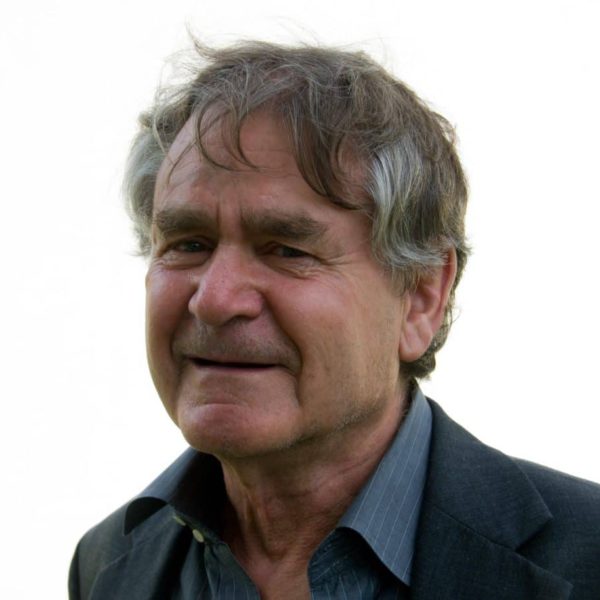Prof. Ian Hacking, retired from a Chair at the Collège de France and a University Professorship at the University of Toronto and currently a STIAS fellow will present a talk with the title:
Trees, Races, Genealogies: Classification as Sedimentation
Abstract
Classifications once in use become very hard to dislodge. They become “sedimented” parts of our ways of thinking and interacting. In South Africa the classic example is the way in which racial and ethnic classifications of Apartheid are resurrected in attempts to compensate for former injustice. (And think of the current debate about residences at Stellenbosch University.) So much is obvious. What may be new in this talk is the way in which hierarchical classification—taxonomic trees—deeply entrench a system of classification without anyone being aware of the extent to which they do so. Although the “tree of life” has been at the heart of evolutionary theory since the time of Darwin, it also makes one think that all classification must be hierarchical. It need not be.
Ian Hacking was born in Vancouver, Canada in 1936. He has taught at Makerere University College, Cambridge University and Stanford, and is now retired from a Chair at the Collège de France, and a University Professorship at the University of Toronto. He has written well-regarded and much-translated books on numerous subjects. One of them, about probability, The Taming of Chance, was declared by the Modern Library to be among the best 100 non-fiction books of the 20th century. But he is more interested in the future. He has just completed a book on the Philosophy of Mathematics to be published by Cambridge University Press—it’s called Why is there Philosophy of Mathematics at all?—and later this year will finish one called Making up People for Harvard UP. It is about the ways in which classifications of people affect the people classified—and vice-versa, how people change classifications. In line with this latter interest, his next assignment, from the London Review of Books, is to write about the Diagnostic and Statistical Manual V, which after 15 years of gestation appears in May, and will create waves in psychiatry. His talk today is obviously connected with this interest in classification and what it does to us.
The Holberg International Memorial Prize for outstanding scholarly work in the arts and humanities, social sciences, law and theology was awarded to Ian Hacking in 2009, the citation summarising his contributions as follows: “Ian Hacking is a preeminent philosopher and historian of the sciences. His combination of rigorous philosophical and historical analysis has profoundly altered our understanding of the ways in which key concepts emerge through scientific practices and in specific social and institutional contexts. His work lays bare the normative and social implications of the natural and the social sciences.”

